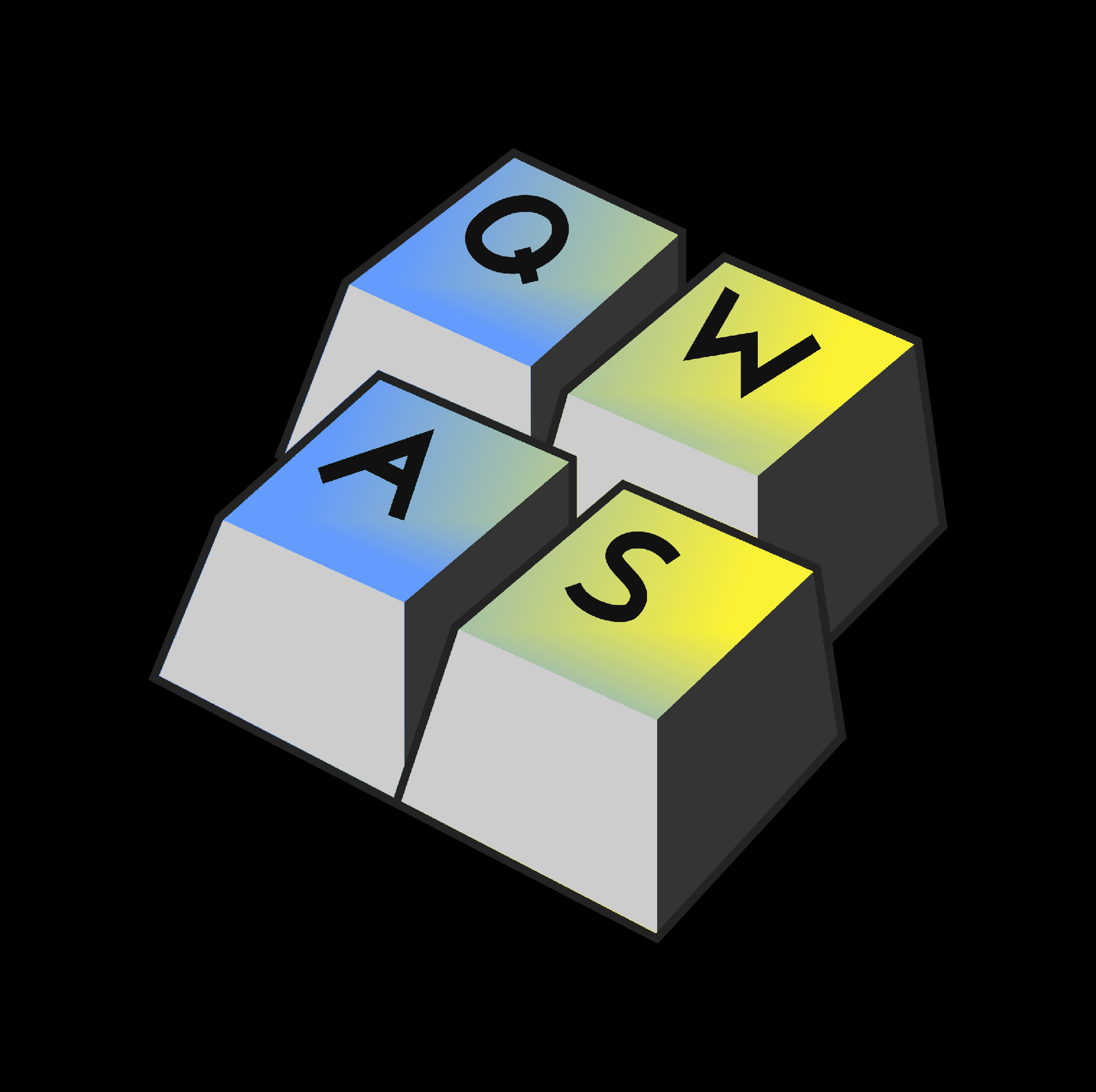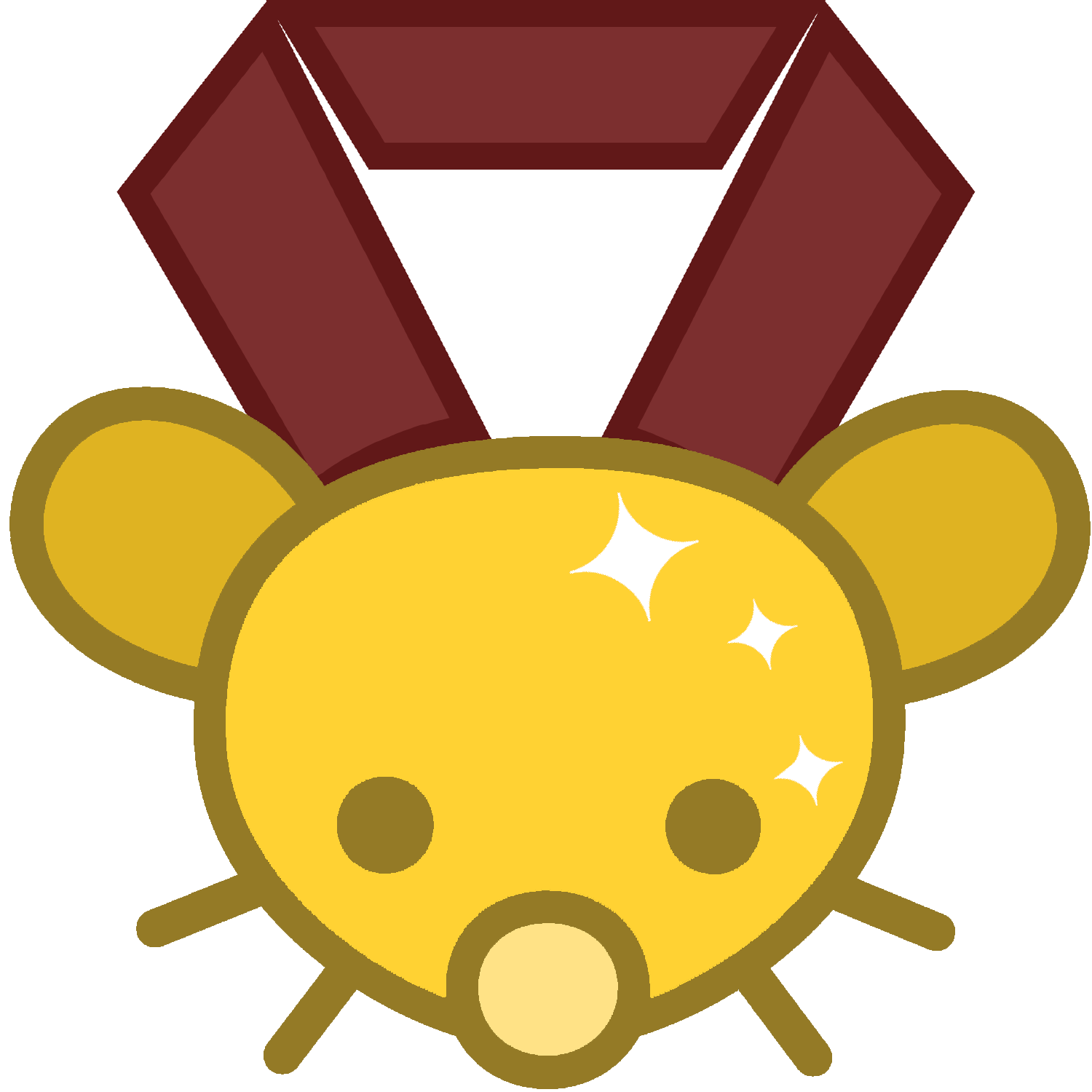

I’m pretty sure you wouldn’t be able to get a custom number plate of that star’s name.
New account since lemmyrs.org went down, other @Deebsters are available.


I’m pretty sure you wouldn’t be able to get a custom number plate of that star’s name.


metux is Enrico Weigelt, the dev behind Xlibre, the new fork of X11. He’s quite controversial, partly due to claiming to want to keep politics out of development by filling his posts with alt-right dog whistles, as well as being an antivaxer and having some… er… revisionist views of history.


Network effect, same as for most social things. Perhaps the EU will force interoperability, but they seem more focused on “save the children” style control and monitoring.


That mirrored mode is interesting and made sense to me even before I read the explanation. I’d assumed it only makes sense for using the left hand and that using just the right would need a different version of the keyboard, but there doesn’t seem to be a flipped version.


Going into more detail would be helpful: Do you get an error? Do some settings restore or change? How old is your backup (i.e. from what version of Voyager)? Android or iPhone (before and after)? Are you selecting a file from your device, or trying to use from cloud storage (Google Drive, Nextcloud, etc)?


Two months after suffering her injury on the final season of Game of Thrones, Casey Michaels was one of 80 performers asked to contribute £300 towards a gift for Irlam for keeping the team safe. Although they were told the collection, which potentially raised £24,000, was voluntary and would “not impact any future employment,” Michaels believes the opposite is true. “Everybody knew there would be repercussions for not paying,” she says.
This Rowley Irlam comes across like a corrupt, arrogant arsehole.


I’m guessing by the recipes you mean Southern USA. I thought okra was from somewhere in Asia, but Wikipedia tells me it’s from East Africa (Ethiopia, Eritrea and “East Sudan” - which is kinda funny as there’s a Sudan and South Sudan).


Dickbutt? Getting /r/HighQualityGifs/ vibes


btw, you wanted cue not queue, as in cue cards, that’s my cue, cue the music.


Are you saying you think it’s ridiculous to end support “already”?
I think it’s likely that anyone still using 486s isn’t updating software anyway, so it’s unlikely to matter aside from niches like retro devices. Luckily, open source means that if there’s a genuine desire there’ll probably be a fork to provide it.


Thanks, I knew I’d seen it before somewhere.
Nothing dates it more than the reference to Boing Boing.
Then the UK’s equally dumb: it was 10:04 pm BST (GMT+1) cos daylight savings is a thing in most of Europe too. At least it’s synchronised across Europe[1] so you just need to remember that most[2] of North America changes a few weeks earlier.
Also, the UK says GMT/BST which is nice and clear - calling both EST and EDT “Eastern Time” makes even more of a mess!
And yes, I’ve just rediscovered you can use footnotes, why do you ask?
The duplicate content thing is kinda impossible to solve perfectly. Some people will tell you it’s a feature, and it can be interesting to see the different instances’ comment sections (especially after moderation), but yeah it can be annoying to have your feed dominated by a few stories.
The default web front-end will merge crossposts, but won’t if they’re multiple posts to the same URL. I think some of the apps do have that deduplication as a feature, but I couldn’t tell you which.
I remember the same problem from my Reddit days, but there wasn’t generally so many similar, overlapping communities.
From the Lemmy docs:
My default is set to
This is the newest sorting option, I think, and it helps me not miss posts from the smaller comms - particularly ones where people are asking a question and there’s been no engagement. Ideally I’d like to have Mastodon-style lists so I could have “quiet comms” or something and check them all every so often.
I will switch to new or top 6h/24h if I’ve been on recently and just want to see what’s fresh. Top all time or 1y if I’m looking at new-to-me comms so I can see what type of thing to expect from it.


There’s no algorithm here*, so use the different sorting options (for both posts and comments), as well as setting your favourite as default once you see what works for you.
* the different sort options are of course algorithms, but I mean there’s no automatic, manipulative system like YouTube’s “The Algorithm”, Facebook, TikTok, etc.
Voting doesn’t tune your algorithm, so I’d say only use downvoting for things that are low quality, trolling, in the wrong sub, duplicate posts, etc. Your votes aren’t private, by the way - although Lemmy itself doesn’t display voters’ names, that info is in every server’s database, and some other software in the Fediverse does show them.
There are quite a few apps available, I like Voyager on Android and I stick to the default website on my computer.


Also these can be good sources:


I think scaled is better than hot otherwise you’ll never see anything from your small communities.
Yeah, I hate those little dots and I inevitably jump through the hoops until I’ve clicked enough things to make them go away.